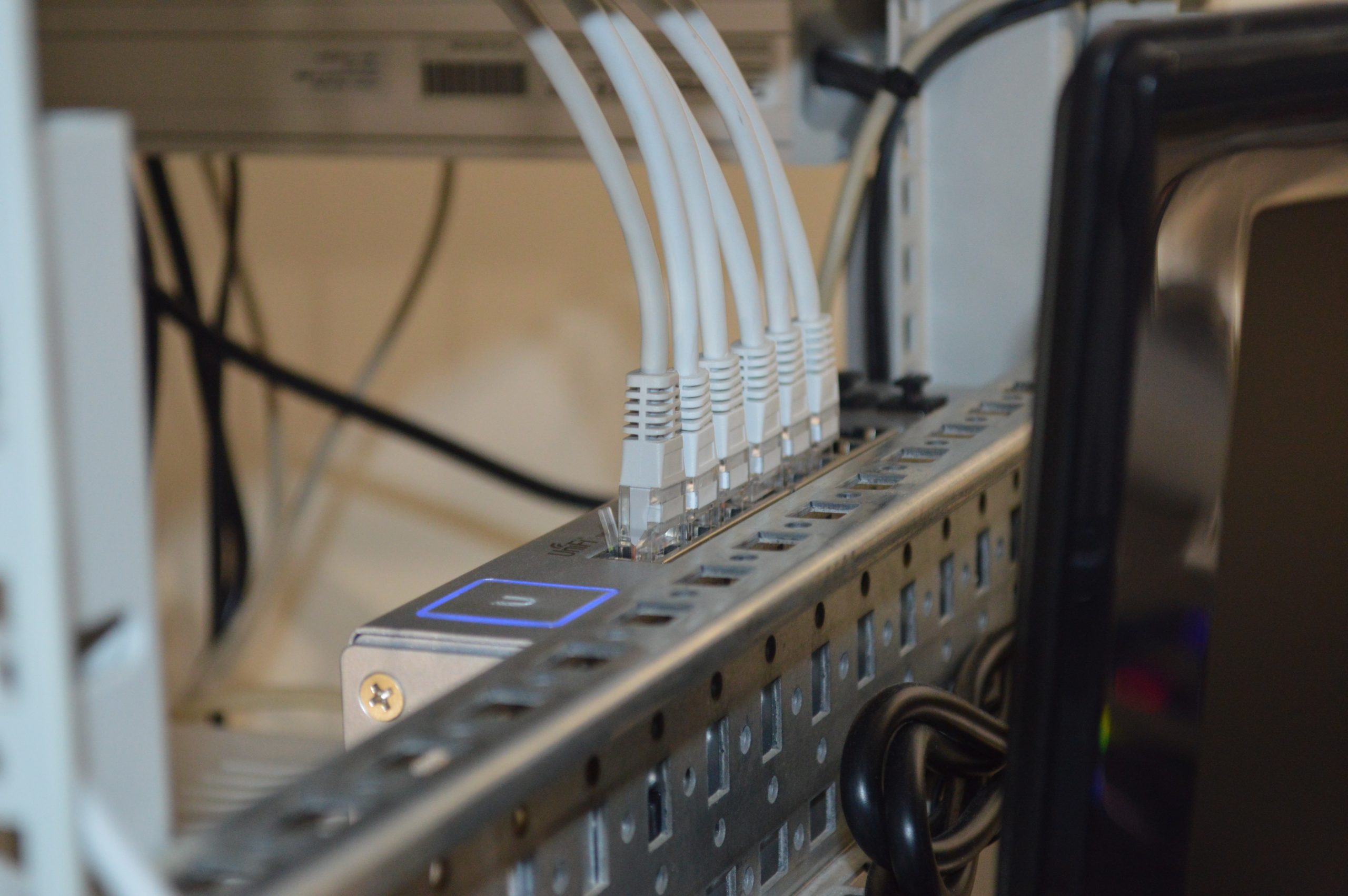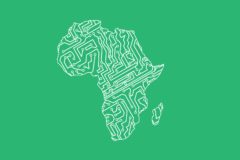On Thursday, July 2, I sent a Whatsapp message to Naol, an acquaintance who lives in Ethiopia. At the time of this report, he has not received my message.
I have also tried to reach out to a few other contacts in Ethiopia via instant messaging, with little luck. It is a sad reminder that Ethiopia’s latest internet shutdown, which began on June 30th has entered its eighth day.
The latest internet shutdown began on June 30, 2020. NetBlocks, an organization that maps internet freedom reports that the internet shutdown began at 6 a.m local time. The cut comes on the heels of protests following the death of a prominent political activist in Addis Ababa.

Protests over murder of activist lead to internet cuts
Hachalu Hundessa, a musician and activist was a popular figure in Ethiopia. He had been involved in several campaigns against autocratic governments in the country. On Monday, June 29, the 34-year-old activist was shot and killed. It immediately tipped over existing ethnic tensions in the Oromia region.
The Police in Ethiopia say that 145 were killed in the Oromia region alone. It has led the government to resort to its infamous tactic of cutting connectivity across the country.
The Ethiopian government has cut internet connectivity more than 12 times over the years. In January 2020, the government shutdown internet in the Oromia region for three months.
An Ethiopian activist, *Ahmed who lives outside the country told TechCabal: “Internet cuts are the government’s go-to move every time there’s a problem in the country. They did the same thing during the assasination attempt on an opposition party leader. It triggered protests in the Oromia region.”
Will Internet cuts undermine Ethiopia’s attempts to open up the telecoms sector?
While internet cuts remain, *Ahmed tells TechCabal that on Friday, July 3, he was able to call some family members who live in Ethiopia.
he tells TechCabal, “I was able to get in contact with my family on Friday and Saturday,” “calling home is difficult and doesn’t work all the time. The calls are also tapped by the government, but it works sometimes,” he adds.
The latest cuts represent another step backward for Prime Minister, Abiy Ahmed, who was once hailed as a reformer. While he holds a Nobel Peace Prize, one of the reasons Ethiopia has been in the media lately are for its attempts to open up its telecoms sector.
At the moment, the state-owned Ethio telecoms holds a national monopoly but that will soon change. As recently as June 26, 2020, Ethiopia’s telecoms regulator received twelve bids for the two telecom licences it plans to award to multinational mobile companies.
In 2019, Reuters quoted an analyst as saying:
“It (the shutdown) will reaffirm to investors that there’s considerable unpredictability to the economic, political, and security environment in Ethiopia, but these hopefully short-term problems are unlikely to significantly discourage their interest in the long-term market opportunities.”
Yet, there are increasing signs that these cuts are not short-term problems that will go away. There’s no doubt that the entry of multinational telecoms companies will slow down the process of cutting internet access, but these companies must be wary.
This is important because as ethnic unrest bubbles under the surface, PM Abiy Ahmed is resorting to tricks from the past.
In 2016, a State of Emergency imposed after protests also led to a crackdown on social media platforms. The state of emergency lasted 10-months before the resignation of Hailemariam Desalegn.
Despite all the worrying signs, the prize for multinational telecoms is too big to pass up. It is the opportunity to tap into one of the last major untapped telecoms markets in the world.
*Not his real name





















